Unlocking Power Efficiency: Transitioning from Single Phase to 3 Phase Inverters
Unlocking Power Efficiency: Transitioning from Single Phase to 3 Phase Inverters.
In recent years, there has been a growing demand for efficient power solutions across various industries. With the increasing use of renewable energy sources and the need for reliable energy conversion, the transition from single-phase to three-phase inverters has gained significant attention. This article explores the benefits of this transition and highlights the key factors to consider when implementing three-phase inverters.
Understanding Inverters and Power Conversion.
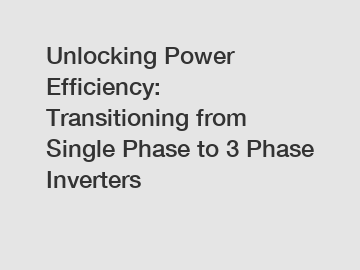
Before delving into the benefits of three-phase inverters, it is essential to understand the concept of inverters and power conversion. Inverters are electronic devices that convert direct current (DC) into alternating current (AC). They play a crucial role in the efficiency and reliability of energy conversion, especially in renewable energy systems.
Single Phase vs. Three Phase Inverters: Unleashing Efficiency.
Single-phase inverters have traditionally been the go-to choice for low-power applications. However, as power demands increase, three-phase inverters offer numerous advantages that make them a preferred option in various industries.
Improved Power Transmission: One of the main advantages of three-phase inverters is their ability to transmit power more efficiently. Three-phase power consists of three alternating currents with a phase difference of 120 degrees. This balanced power distribution allows for higher efficiency in transmitting power over long distances, reducing the energy losses associated with single-phase systems.
Higher Power Output: Three-phase inverters offer higher power output compared to their single-phase counterparts. By distributing the power across three alternating currents, three-phase inverters can handle more significant loads, making them ideal for industrial applications that require high power demand.
Enhanced Power Quality: Another benefit of three-phase inverters is the improved power quality they provide. With three-phase power, the voltage remains relatively constant, resulting in a smoother and more stable power flow. This stability is crucial in industries that require consistent and reliable power, such as manufacturing plants and data centers.
Additional reading:Diaphragm Pump 2 Inch: Electric vs Gasoline Models Compared
How to Safely Treat Wastewater at Home: Top Methods Revealed!
Revolutionizing Agriculture: Electric Diaphragm Pumps Worth Investing?
Revolutionizing Industrial Processes: Ductile Iron Diaphragm Pump - Worth the Investment or Overhyped?
How does a piston pump operate in a packaging machine?
Running a Diaphragm Pump Dry: What You Need to Know
What are the benefits of a piston pump water system?
Ease of Motor Control: Three-phase inverters are well-suited for motor control applications. The three-phase power allows for smoother motor operation, reducing vibrations and enhancing overall performance. This feature is particularly advantageous in applications that rely on precise motor control, such as industrial machinery and electric vehicles.
Key Considerations for Implementing Three Phase Inverters.
When transitioning from single phase to three-phase inverters, several factors need to be taken into account to ensure the successful integration of the new system.
Infrastructure Upgrades: Switching to three-phase inverters may require infrastructure upgrades to accommodate the new power distribution system. It is essential to assess the existing electrical infrastructure and make necessary modifications to support a three-phase power supply.
Cost Considerations: While three-phase inverters offer numerous benefits, they may involve additional upfront costs compared to single-phase systems. It is crucial to consider the long-term benefits, such as improved efficiency and reduced maintenance costs, when evaluating the financial viability of the transition.
Technical Expertise: Implementing three-phase inverters requires specialized knowledge and expertise. It is advisable to work with experienced professionals who can provide guidance throughout the design, installation, and commissioning phases of the project.
Closing Remarks.
The transition from single-phase to three-phase inverters unlocks a world of power efficiency, higher output, improved power quality, and enhanced motor control. As industries increasingly demand efficient and reliable power solutions, three-phase inverters offer a promising path forward. To explore the possibilities and discover the best solution for your specific needs, contact us today.
Keywords: contact us.
Are you interested in learning more about commercial inverter, how to size solar inverter, solar inverter manufacturer? Contact us today to secure an expert consultation!
Additional reading:Top 7 Wire And Cable Manufacturers in The World
Three-phase inverters: what, how, and why? ...
Lots of questions on grain air pump systems?
Do you need a 3 Phase Solar Inverter?
10 Questions You Should Know about Diaphragm Pump Troubleshooting
What is the importance of a pneumatic pump definition?
What is a hybrid inverter - Clean Energy Reviews
165
0
0
Related Articles
-
128
0
0
-
129
0
0
-
126
0
0
-
120
0
0
-
119
0
0



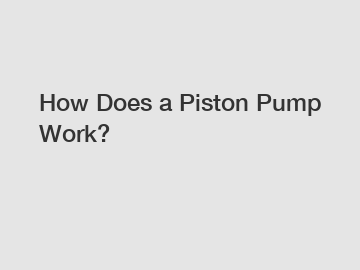
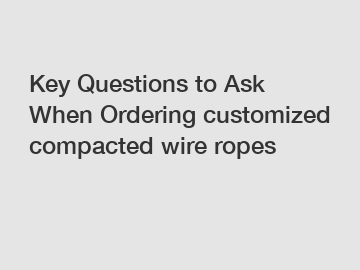
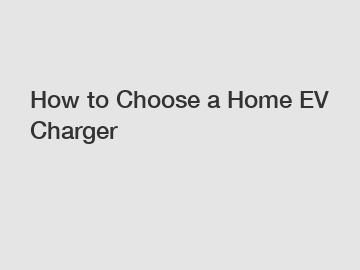
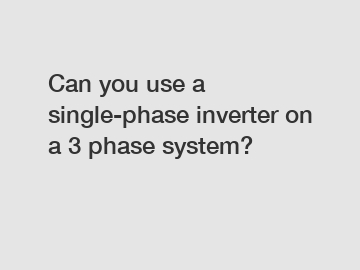
Comments
All Comments (0)